The gut is often referred to as the “second brain” due to its important role in our overall health and well-being. But did you know that some common ingredients found in many foods can harm your gut? In this article, we’ll be sharing 10 ingredients that might be harming your gut and how to avoid them. From artificial sweeteners to gluten and dairy, these ingredients can cause inflammation and disrupt the delicate balance of your gut microbiome. By learning to identify these harmful ingredients and making simple swaps in your diet, you can help support a healthy gut and improve your overall health.
Contents
- 1 Artificial Sweeteners
- 2 Processed Foods
- 3 High-Fructose Corn Syrup
- 4 Alcohol
- 5 Red Meat
- 6 Non-Antibiotic Drugs
- 7 Artificial Food Coloring and Dyes
- 8 Lectins
- 9 Sulfites
- 10 Fried Foods
- 11 More From RetailShout
- 12 10 Foods That Cost Less to Eat Out Than to Make at Home
- 13 10 Delicious Low-Carb Recipes to Refresh Your Diet
Artificial Sweeteners

Often found in sugar-free products and diet sodas, artificial sweeteners like aspartame, saccharin, and sucralose might negatively affect the balance of gut bacteria. Studies have suggested that they can reduce the number of beneficial gut bacteria, possibly leading to glucose intolerance.
Processed Foods
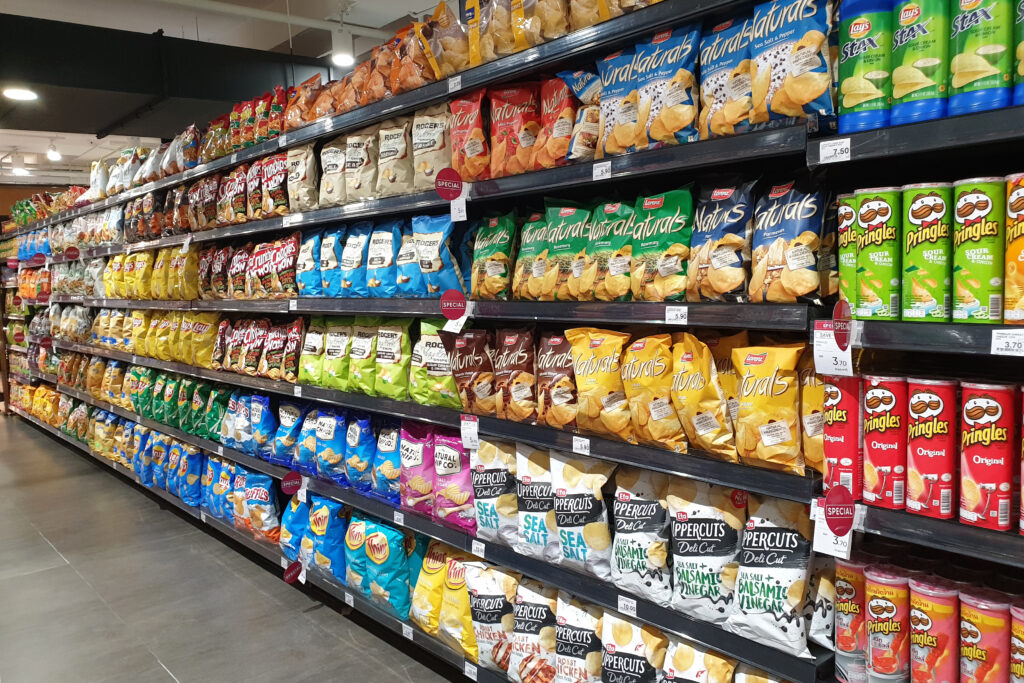
Foods that are highly processed, such as chips, cookies, and ready-to-eat meals, often contain unhealthy fats, sugars, and artificial additives. These ingredients can encourage the growth of bad bacteria in the gut and disrupt the balance of the microbiome.
High-Fructose Corn Syrup

Found in numerous sweetened beverages and processed foods, high-fructose corn syrup has been linked to obesity and diabetes. Moreover, excessive intake might lead to an imbalance in gut bacteria and increase intestinal permeability.
Alcohol

While moderate alcohol consumption may not significantly harm the gut, excessive or frequent drinking can damage the gut lining, increase gut permeability, and alter the microbiota composition, leading to gastrointestinal issues.
Red Meat
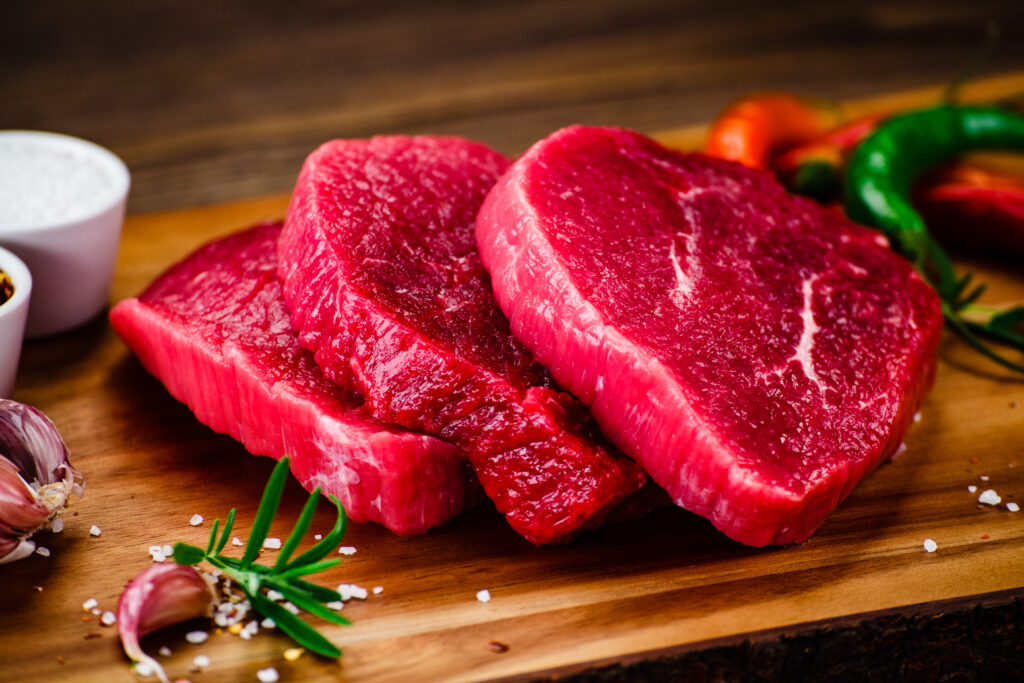
Excessive consumption of red meat has been associated with the production of harmful compounds in the gut. These compounds may contribute to colon inflammation and increase the risk of colorectal cancer.
Non-Antibiotic Drugs

Common non-antibiotic drugs such as NSAIDs, proton pump inhibitors, and antipsychotics might negatively impact gut health. Regular use of these drugs can harm gut bacteria and lead to increased gut permeability.
Artificial Food Coloring and Dyes
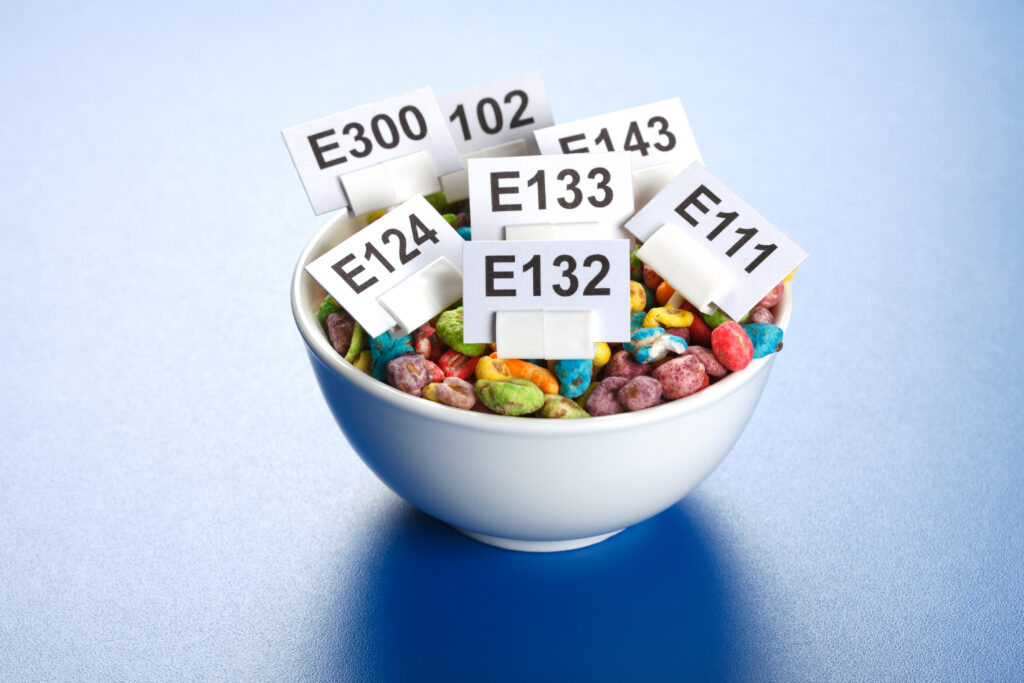
Artificial colors and dyes can be found in numerous processed foods, especially candies, cereals, and sodas. Some research suggests that these additives might negatively influence gut health by promoting inflammation and disrupting bacterial balance.
Lectins
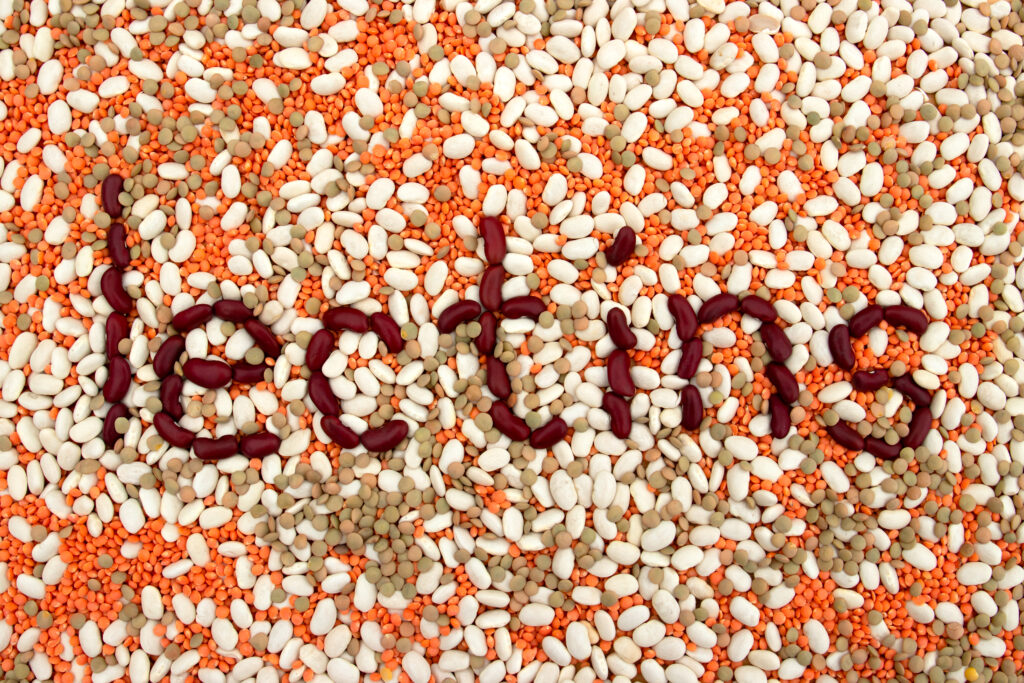
Found in grains and legumes, lectins are a type of protein that can be tough to digest. In some individuals, especially when consumed in large amounts, they can irritate the gut lining and lead to inflammation.
Sulfites

Used as preservatives in dried fruits, wines, and some processed foods, sulfites can cause gut irritation in certain individuals, especially those who are sensitive or allergic to them.
Fried Foods

Fried foods are usually high in unhealthy fats and are challenging to digest. Regular consumption can cause an imbalance in gut bacteria and lead to inflammation and various gastrointestinal issues.
This article originally appeared on RetailShout.
More From RetailShout
10 Essential Condiments Every Kitchen Needs
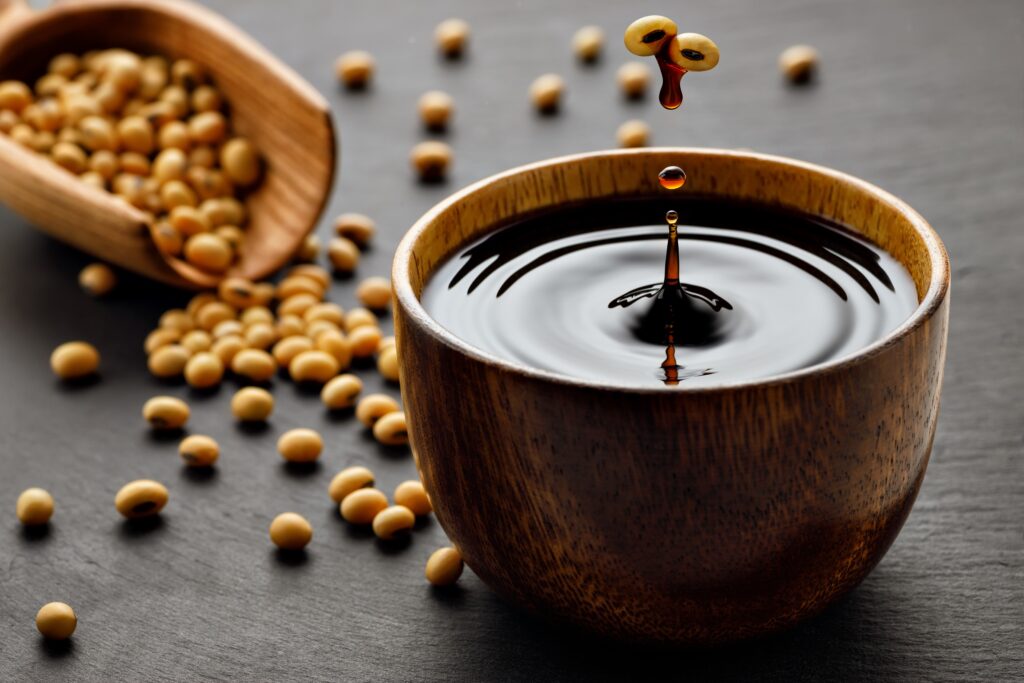
Condiments are a staple of many kitchens, adding flavor and variety to meals. From tangy mustard to savory salsa, there are countless condiments to choose from. But with so many options available, it can be hard to know which ones to keep in your pantry. Read More.
10 Foods That Cost Less to Eat Out Than to Make at Home

Eating out often gets a bad rap for being expensive, but that’s not always the case. Sometimes, grabbing a meal at your favorite spot can be lighter on the wallet than whipping it up in your kitchen. Whether it’s the cost of ingredients or the time and effort involved, there are plenty of foods where dining out just makes more sense. Read More.
10 Delicious Low-Carb Recipes to Refresh Your Diet
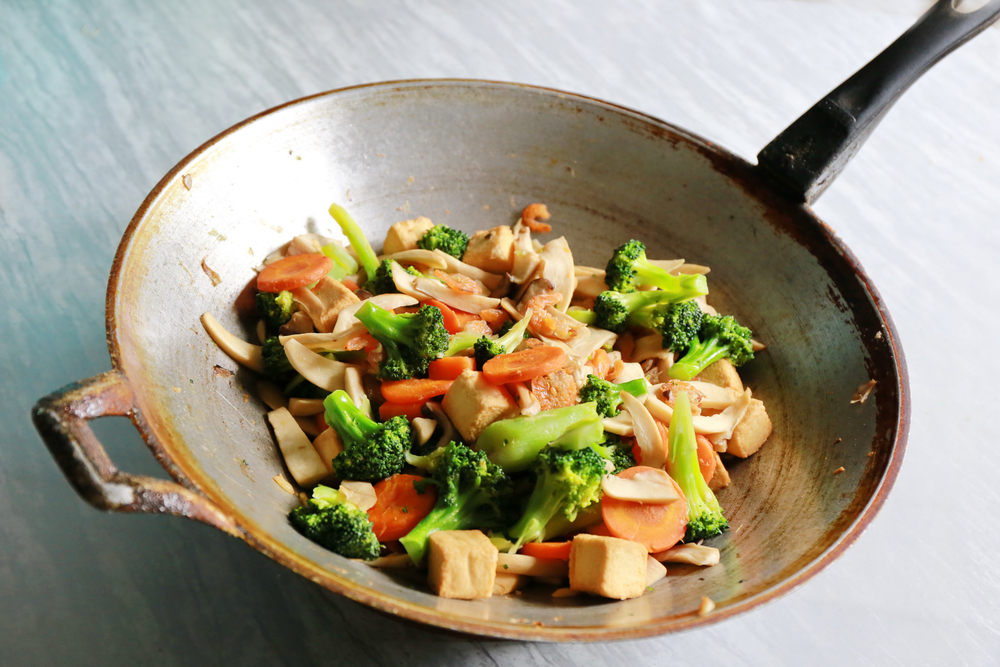
Low-carb diets have gained popularity in recent years as a way to manage weight and improve overall health. By reducing your intake of carbohydrates, you can help regulate blood sugar levels, reduce inflammation, and promote weight loss. Read More.






